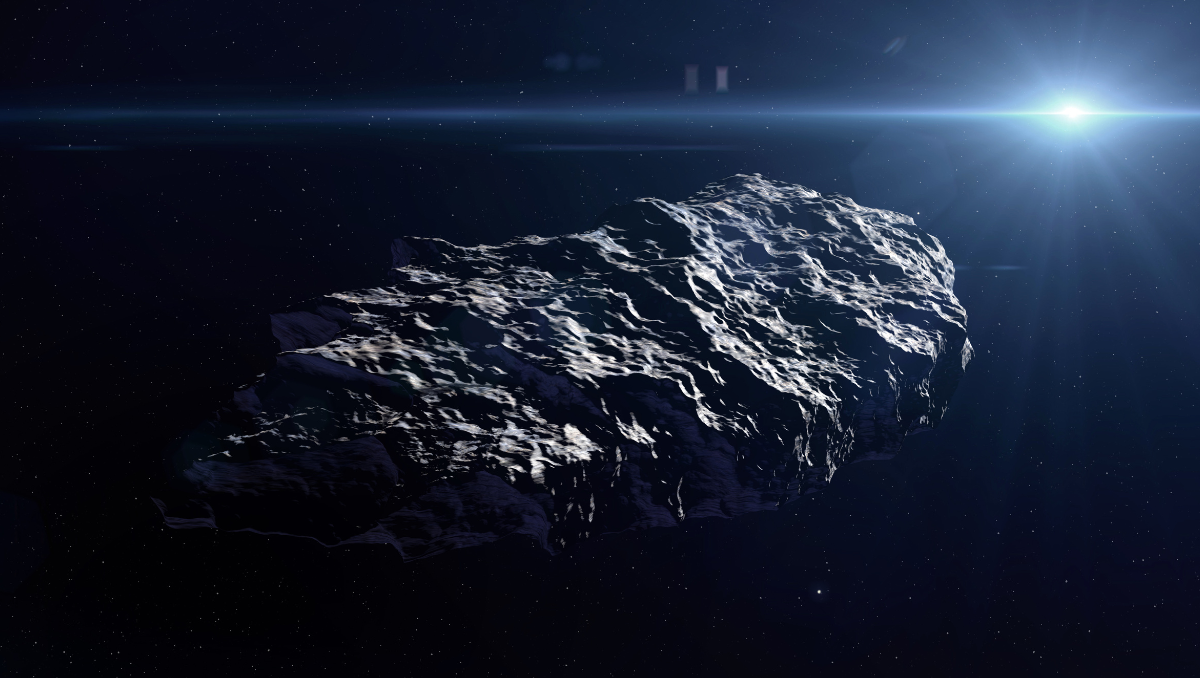Professor Jayant Murthy, a highly esteemed scientist known for his significant contributions to the field of astronomy, was recently honoured by the International Astronomical Union (IAU) through the naming of an asteroid after him.
Background and Designation

- Formerly catalogued as 2005 EX296, the asteroid has officially been designated as (215884) Jayant Murthy by the IAU’s Working Group on Small Bodies Nomenclature, highlighting Prof. Murthy’s impact on the scientific community.
- The space rock’s disclosure can be ascribed to M.W. Buie. It was in 2005 at the Kitt Peak National Observatory. It follows an orbit between Mars and Jupiter, completing a full journey around the Sun every 3.3 years.
Prof. Murthy’s Career Highlights

- Prof. Murthy, eminent for his skill in the interstellar medium, bright cosmology, and space missions, finished up his residency at the Indian Institute of Astrophysics (IIA) in 2021 in the wake of filling in as its acting Chief from July 2018 to October 2019.
- His exploration, especially with NASA‘s New Horizons Science Team, has essentially upgraded how we might interpret the universe, with an emphasis on concentrating on bright foundation radiation and its suggestions.
Significance of His Work
The study of ultraviolet background radiation has been of immense importance in unravelling the mysteries of the universe, shedding light on various cosmic processes and phenomena. Prof. Murthy’s research has significantly enhanced our understanding of these critical aspects.
Impact on the Field
Prof. Murthy’s research has not only added to the body of scientific knowledge but has also influenced the broader scientific community. His work has contributed to the advancement of astronomy and space exploration, furthering our understanding of the universe and its complexities.
Recognition of New Horizons Mission

The naming of the asteroid appreciates Prof. Murthy’s crucial contribution to the New Horizons mission, which received widespread praise for its historic flyby of Pluto in 2015 and offered hitherto unheard-of insights about the dwarf planet and its moons.
Prof. Murthy’s Reaction
- Upon learning of the news, Murthy conveyed his happiness and appreciation, highlighting the importance of his research on the cosmic ultraviolet background and its implications for solving the universe’s riddles.
- Prof Murthy as a response commented that he is thrilled to have a n asteroid named in honour of him in relation to his work on the New Horizons Science Team led by Dr. Alan Stern.

Acknowledgment from IIA Director
The current Director of IIA, Prof. Annapurni Subramaniam, expressed her appreciation. She said that the act acknowledges Pro. Murthy’s contributions and its global impact. Prof. Murthy joins the ranks of earlier directors of the Indian Institute of Astrophysics, Prof. M.K. Vainu Bappu and Prof. J.C. Bhattacharyya. These astrophysicists also have asteroids named after them as a show of their commendable work. This distinction underscores the significant impact of Prof. Murthy’s research within the scientific community.
Inspiration for Future Scientists
The honour of having an asteroid named after Prof. Murthy is likely to inspire and motivate future generations of scientists, particularly in the fields of interstellar medium research, ultraviolet astronomy, and space missions. This recognition could encourage aspiring researchers to pursue similar impactful contributions to the scientific community.
Legacy and Influence
The legacy of asteroid (215884) Jayant Murthy will continue to carry the rich scientific heritage of the Indian Institute of Astrophysics (IIA) and serve as a lasting testament to Prof. Murthy’s impactful work in the scientific community. This recognition could further underscore the global impact of Indian scientists in the realm of astrophysics and space exploration, potentially influencing future collaborations and research endeavours.

The naming of asteroid (215884) Jayant Murthy is a testament to Prof. Jayant Murthy’s substantial contributions to the field of astronomy, particularly in the realm of ultraviolet astronomy and space missions. This honour not only celebrates his individual achievements but also reflects the global impact of Indian scientists in the field of astrophysics.



